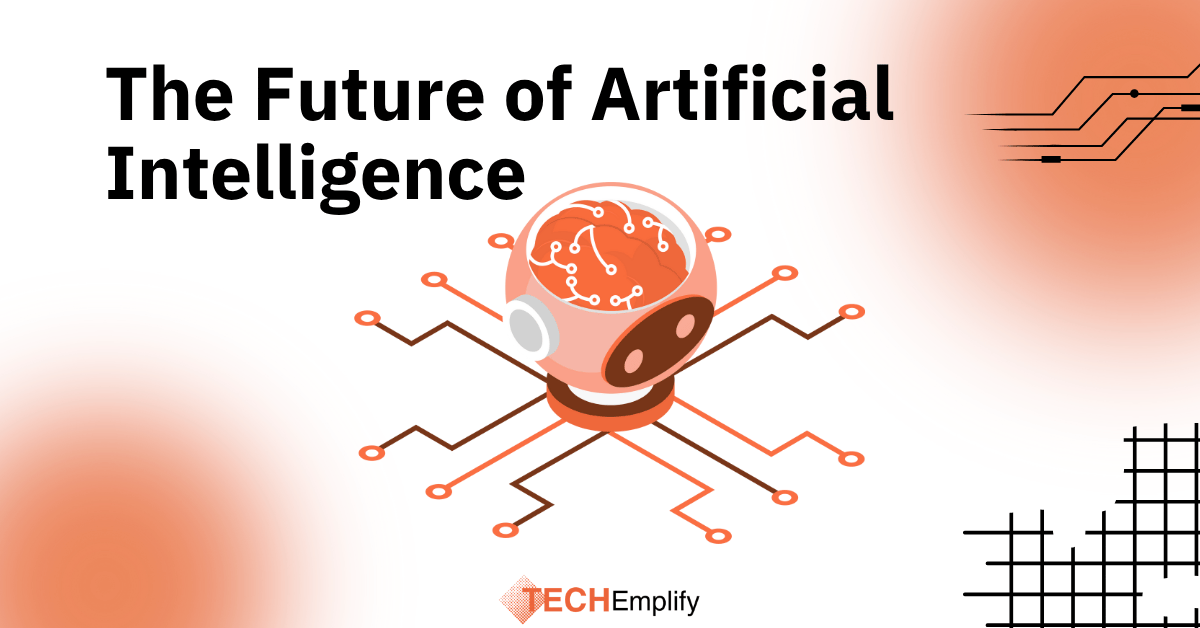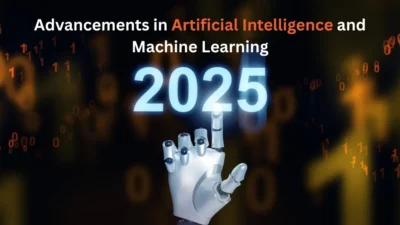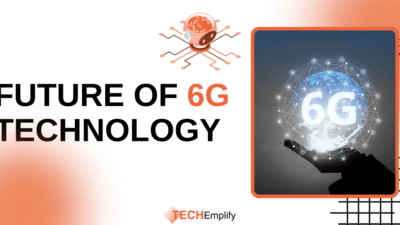Artificial Intelligence is changing the way we live and work. From voice assistants to self-driving cars, AI is becoming part of our daily life. But this is only the beginning. The future of AI promises even bigger changes, with new opportunities and challenges.
What Is Artificial Intelligence?
AI is the ability of a computer or machine to think and learn like a human.
It can understand language, recognize images, make decisions, and solve problems.
Today, AI is used in many ways like chatbots, recommendation systems, and fraud detection.
A Short Look Back
AI is not new.
The idea started years ago, with scientists trying to teach computers to “think.”
In the 1990s, IBM’s Deep Blue beat a world chess champion.
In 2011, IBM’s Watson won the game show Jeopardy.
In recent years, AI models like ChatGPT and DeepSeek have shown that AI can create text, images, music, and more.
How AI Is Changing Industries
AI is not just for tech companies.
It is transforming almost every industry:
- Healthcare: AI helps doctors detect diseases earlier and suggest treatments.
- Finance: AI can spot fraud and help with investment decisions.
- Education: AI offers personalized learning plans for students.
- Transportation: AI powers self-driving cars and traffic management systems.
- Retail: AI predicts customer needs and improves shopping experiences.
The Benefits of AI
AI has many benefits:
- It can work faster than humans.
- It can analyze huge amounts of data.
- It reduces errors.
- It saves time and money.
- It makes services more personal and efficient.
The Risks and Challenges
AI also brings challenges:
- Job Loss: Some jobs may disappear as AI takes over tasks.
- Bias: If AI is trained on biased data, it can make unfair decisions.
- Privacy: AI collects and uses large amounts of personal data.
- Control: There is a risk of misuse if AI is not well regulated.
Recent Progress in AI
In the last few years, AI has upgraded very fast.
New models can write articles, make realistic images, and even code software.
These improvements are known as Advancements in Artificial Intelligence.
They are helping industries work smarter and solve problems faster.
What We Can See in The Future
The future of AI will be include:
- Smarter AI Assistants:
- Assistants that understand tough tasks and give best advice.
- AI in Everyday Devices
- AI will be built into more devices, from your fridge to your car.
- Better Healthcare Solutions
- AI could help find cures for diseases and improve mental health care.
- AI Driven Education
- Fully personalized lessons for each student, using AI to adapt in real time.
- Safer Transportation
- More reliable self-driving cars and smarter traffic systems.
- More reliable self-driving cars and smarter traffic systems.
Regulation and Ethics
As AI grows, rules will be needed to make sure it is safe and fair.
Countries are working on laws, like the EU’s AI Act, to control how AI is used.
Ethics will be important to ensure AI benefits everyone, not just big companies.
Skills Needed in an AI World
In the future, people will need new skills to work with AI:
- Critical Thinking: To check AI’s work and spot errors.
- Creativity: To use AI in new and useful ways.
- Ethics: To make sure AI is used responsibly.
- Adaptability: To learn and adjust as AI changes.
Final Thoughts
AI will continue to grow and become part of almost every part of life.
It offers exciting opportunities, but also risks that we must manage.
By focusing on fair rules, strong ethics, and smart use, we can make sure AI helps people around the world.The future of AI is not something far away.
It is happening now, and it is up to us to guide it in the right direction.





